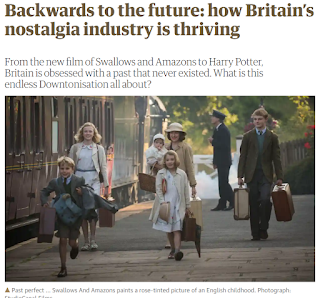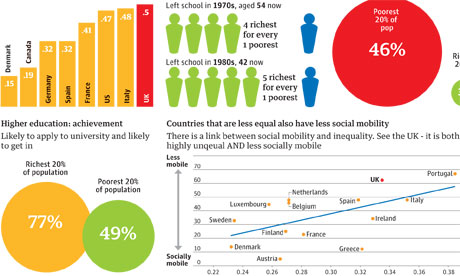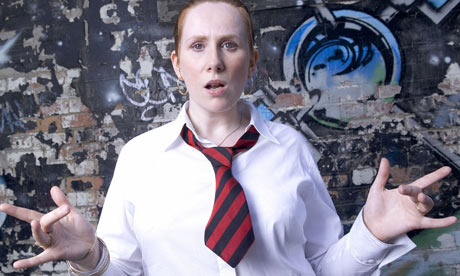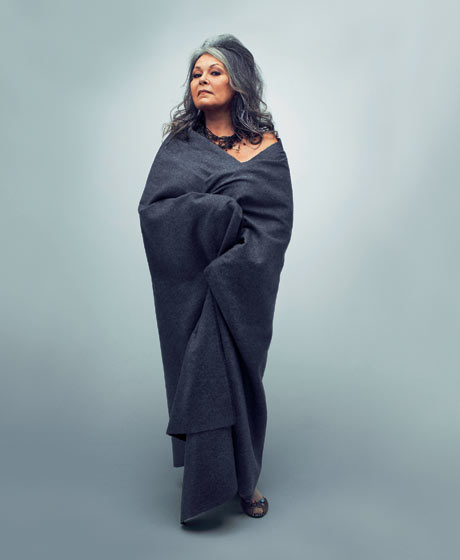[alas, the previously embedded clip has been disabled]
A NOTE ON ABBREVIATIONS...I use them frequently simply because of the scale of blogging I do, as a 2-finger non-typist! You can use abbreviations in an exam, but should only do so where you've first used the full term (and put your intended abbreviation in brackets). Given there are different ways of denoting the same shot (some use 'big' as a step before 'extreme' for example) don't take the risk of losing marks by using abbreviations that some examiners may not understand and/or welcome.
This is a sequence which in some regards frames social class in a highly conventional, normative* fashion, employing common tropes or stereotypes (such as the drunken, unintelligent peasant, Tess' father), but also includes some more subtle, ambivalent elements. We start with a conventional establishing shot, an extreme long shot (ELS) foregrounding the rural setting. With the BBC logo, we might easily expect a costume drama centred on upper class characters, something the Beeb is internationally known for. The exaggerated diegetic sound of birds cheeping reinforces the signification of rural (this ambient sound also contributes to the smooth, unobtrusive continuity editing style), and the next shot, a medium shot (MS), helps signify the time period through the heavy garb and particularly the hat.
normative* the repetition of certain stereotypes has the effect of defining what is seen as normal, or common sense; if we see over and over again representations of gay men as effeminate, for example, this frames how many people will view gay men. You can also write of 'normativising'. Heteronormative is another specific use of the term. Consider the following shot:
 |





